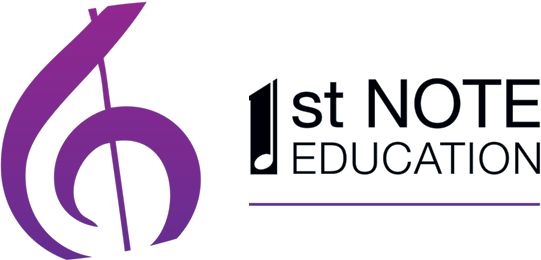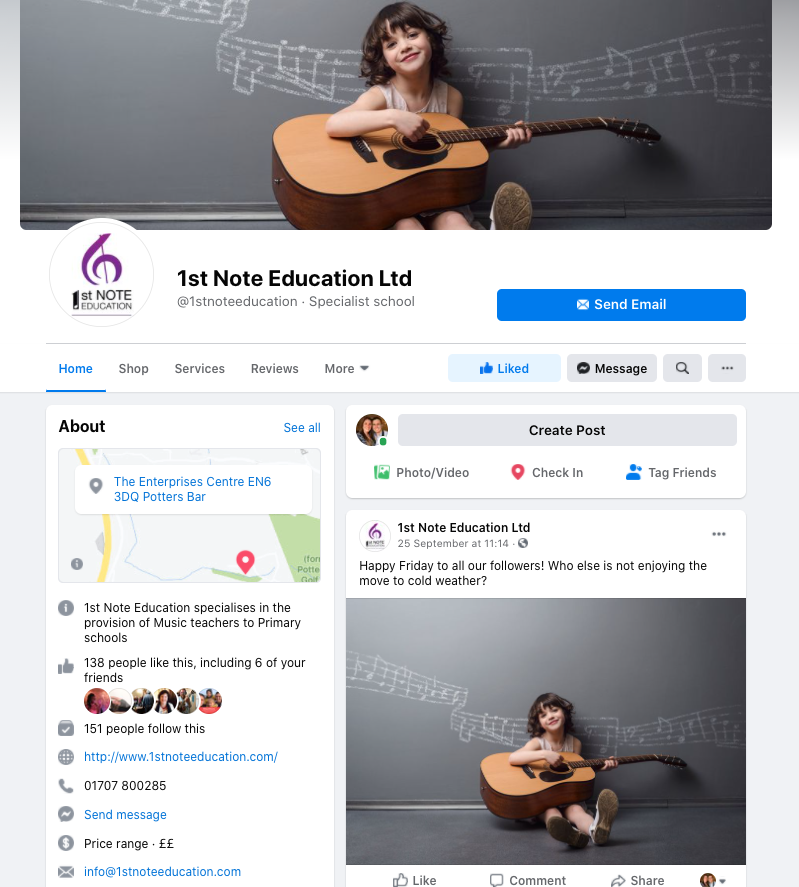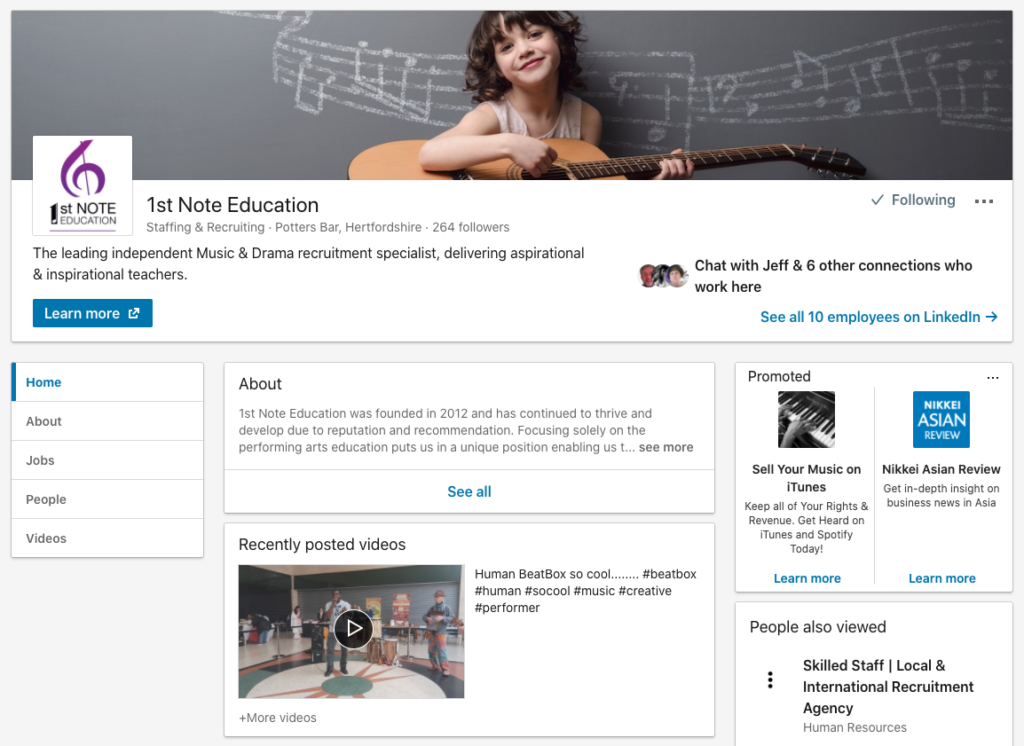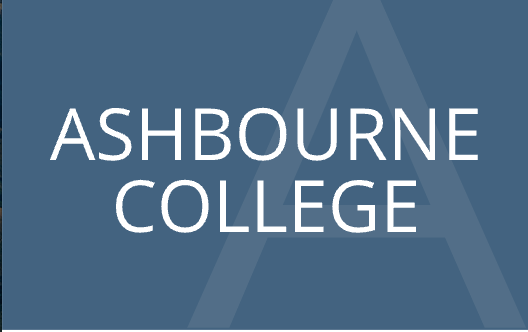Smarter Teaching
I know I use TES quite a lot to coincide with articles or hints and tips that I write, so this week it’s time for a venture out. The American’s seem to be leading the way in vast parts when it comes to schooling at the moment, with many ideas and techniques being incorporated into our British teaching. So I have found 16 tips on how to make us ‘smarter’ as teachers. It is quite long, so I have kept my general writing short and sweet this week… Enjoy!!!
 
-
IT’S NOT ABOUT YOU; IT’S ABOUT THEM.
Some teachers see themselves as the designated expert whose role is to impart their knowledge to students who are empty vessels. That’s the wrong metaphor, says William Rando, who has been training college-level teachers for 15 years. The best instructors see themselves as guides. They share what they know, but they understand that they are not the focus. Their students are.
“It’s hard for some teachers to understand that teaching is really not about them,” says Rando, who runs the Office of Teaching Fellow Preparation and Development at Yale University. “There’s something counterintuitive about that. But it doesn’t mean that you don’t matter. It means that instead of asking, ‘What am I going to do today?’ you ask, ‘What are my students going to do today?’ ”
-
STUDY YOUR STUDENTS.
It’s not enough to know your material. You need to know the people you’re teaching ‚Äî their talents, prior experience, and needs. Otherwise, how can you know for certain what they already know and what they need to learn? “I tell my teachers to imagine that someone called and said, ‘I’m trying to get to Yale,’ ” says Rando. “The first question you have to ask is, ‘Where are you?’ You have to know where the person is starting from before you can help him reach the destination. It may sound obvious, but as teachers, we sometimes begin the journey and forget to ask our students, ‘Where are you? Where are you starting from?’ ”
Yoheved Kaplinsky, chair of the piano department at the Juilliard School, pays attention to her students’ self-awareness. “I want to see my students evaluate their own playing,” she says. “That gives me an idea of how astute or delusional they are. You can listen between the lines and get a sense of their personality.”
-
STUDENTS TAKE RISKS WHEN TEACHERS CREATE A SAFE ENVIRONMENT.
Learning requires vulnerability, says Michele Forman, who teaches social studies at Middlebury Union High School in Middlebury, Vermont. Students have to acknowledge what they don’t know, take risks, and rethink what they thought they knew. That can be an uncomfortable ‚Äî even scary ‚Äî situation for anyone. A little warmth goes a long way, says Forman, the 2001 National Teacher of the Year. Like having a couch and floor pillows in one corner of the classroom. Or decorating the walls with her students’ work, because “it’s their space.” The result is a learning environment that is emotionally, intellectually, and psychologically safe.
“If they aren’t feeling well, I make them a cup of peppermint tea. If they’re hungry, I feed them,” says Forman. “It can be the simplest thing, but it sends an important message.” Students need to know that they can trust the instructor. Hence, another Forman rule: No sarcasm in the classroom. “It creates the fear that you’re going to make them look bad,” she says.
-
GREAT TEACHERS EXUDE PASSION AS WELL AS PURPOSE.
The difference between a good teacher and a great one isn’t expertise. It comes down to passion. Passion for the material. Passion for teaching. The desire is infectious, says H. Muir, global marketing training manager at SC Johnson, in Racine, Wisconsin. If the teacher has it, the students will most likely catch it.
“Both of my parents were high-school teachers,” Muir says. “My mother taught behaviorally disabled students, and my father taught history and government. The most important thing I learned from them is that you need to have passion, and it has to be genuine. It isn’t something you can fake. Students can tell whether you care or not.”
-
STUDENTS LEARN WHEN TEACHERS SHOW THEM HOW MUCH THEY NEED TO LEARN.
Teaching adults has given Tom McCarty, director of consulting services at Motorola University, an appreciation for the old adage, “When the student is ready, the teacher will appear.” Some of the people who show up for the Six Sigma continuous-improvement workshop aren’t ready, because they don’t think they need to improve. They don’t see the gap between where they are and where they need to be. Making them aware of that gap is one of McCarty’s first objectives.
“Is your team aligned around customer expectations?” he’ll ask. “Of course we are,” one of the team leaders will reply. McCarty will then ask each team member to write down the top-four customer priorities and post them on the wall so that everyone can read them. “If there are 15 team members, you’ll get 60 different priorities,” he says. “Once they see that for themselves, they’ll turn to me and ask, ‘Can you help us here?’ ”
-
KEEP IT CLEAR EVEN IF YOU CAN’T KEEP IT SIMPLE.
One of the chief attributes of a great teacher is the ability to break down complex ideas and make them understandable. These days, the same can be said for business leaders, says Gary Grates, executive director of internal communications for General Motors. In fact, he says that the essence of teaching ‚Äî and learning ‚Äî is communication. “The biggest issue that leaders face is whether people understand them,” says Grates. “Whether you’re talking about Wall Street, partners, customers, or employees, people must understand the organization’s story ‚Äî where it’s headed, why you are making these changes, how you work, and how you think. Otherwise, you’re going to lose valuation, sales, new opportunities, or employees. That’s why teaching is important.”
-
PRACTICE VULNERABILITY WITHOUT SACRIFICING CREDIBILITY.
To some people, being a teacher ‚Äî or a leader ‚Äî means appearing as though you have all the answers. Any sign of vulnerability or ignorance is seen as a sign of weakness. Those people can make the worst teachers, says Parker Palmer, a longtime instructor and author of¬†The Courage to Teach: Exploring the Inner Landscape of a Teacher’s Life¬†(Jossey-Bass, 1997).
Sometimes the best answer a teacher can give is, “I don’t know.” Instead of losing credibility, she gains students’ trust, and that trust is the basis of a productive relationship. “We all know that perfection is a mask,” says Palmer. “So we don’t trust the people behind know-it-all masks. They’re not being honest with us. The people with whom we have the deepest connection are those who acknowledge their struggles to us.”
Acknowledging what you don’t know shows that you’re still learning, that the teacher is, in fact, still a student. For the leader of an organization, this is a delicate balancing act, says Mike Leven, former president of Holiday Inn Worldwide and now chairman and CEO of U.S. Franchise Systems Inc. “While it’s okay not to know a lot of things, people do depend on you to know the answers to certain questions. You don’t want people asking, ‘Why is he running the company?’ “
-
TEACH FROM THE HEART.
The best teaching isn’t formulaic; it’s personal. Different people teach Shakespeare in different ways because of who they are and how they see the world. Or, as Palmer says, “We teach who we are.” The act of teaching requires the courage to explore one’s sense of identity. If you don’t fully know yourself, Palmer says, you can’t fully know your students, and therefore, you can’t connect with them. People compensate by using clever technique until they figure this out. Maybe, he says, the jazz musician Charlie Parker put it best: “If you don’t live it, it won’t come out of your horn.”
-
REPEAT THE IMPORTANT POINTS.
If you want your employees to remember that new mission statement or market strategy, you need to give it to them more than once. “The first time you say something, it’s heard,” says William H. Rastetter, who taught at MIT and Harvard before becoming CEO of Idec Pharmaceuticals Corp. “The second time, it’s recognized, and the third time, it’s learned.”
The challenge, then, is to be consistent without becoming predictable or boring. The best teachers keep it fresh by finding new ways to express the same points. For Craig E. Weatherup, chairman and CEO of the Pepsi Bottling Group, the message that he is constantly pushing is that bottled water ‚Äî not cola ‚Äî represents the biggest future growth potential for the company. The 25-member operating council has heard him expound on this strategy repeatedly ‚Äî but he hasn’t repeated himself too much. “You have to cheat a little bit and disguise the themes so that people think, ‘I haven’t heard this before,’ ” he says. “I always try to find a new slant on the water category, but the underlying message doesn’t change: It’s important to the success of this company.”
-
GOOD TEACHERS ASK GOOD QUESTIONS.
Effective teachers understand that learning is about exploring the unknown and that such exploration begins with questions. Not questions that are simply lectures in disguise. Not yes-or-no questions that don’t spark lively discussion. But questions that open a door to deeper understanding, such as, “How does that work?” and “What does that mean?” And GM’s Grates’s personal favorite, “Why?” “If you want to get to the heart of something, ask why five times,” he says.
David Garvin, who teaches at Harvard Business School, interviewed a number of teaching executives for his book¬†Learning in Action: A Guide to Putting the Learning Organization to Work¬†(Harvard Business School Press, 2000). He found that one way they teach sound decision making is by playing devil’s advocate. Teaching executives ask colleagues, “What if we did the opposite of what you’re suggesting?” The idea is not to undermine a decision but to bolster it through a thorough examination of the options ‚Äî even the outlandish ones. “Although you get promoted by having the right answer,” he says, “it’s more important to ask the right questions as you climb higher.”
-
YOU’RE NOT PASSING OUT INFORMATION.
You’re teaching people how to think. The last thing you want to do is stand up and tell people what to do. Or give them the answers that you want to hear. The best instructors are less interested in the answers than in the thinking behind them. What leaders have to offer is a “teachable point of view,” says Noel Tichy, a professor at the University of Michigan Business School and author of¬†The Leadership Engine: How Winning Companies Build Leaders at Every Level(HarperBusiness, 1997). It’s how they look at the world, interpret information, and think through problems. The best teaching leaders help people learn how to think on their own rather than telling them what to think.
“You want a forceful group of people who know what you want but at the same time feel free enough to make the day-to-day judgments themselves,” says Gene Roberts, a longtime editor at the¬†Philadelphia Inquirer¬†and the¬†New York Times¬†who now teaches journalism at the University of Maryland at College Park. (During his 18 years at the Inquirer, the paper won 17 Pulitzer Prizes.) “You have to know when to let go so that people don’t become dependent on you. In the newspaper business, speed is everything, and if you have people waiting to hear what you have to say before they will react, you’ll get beat.”
-
STOP TALKING — AND START LISTENING.
When it comes to teaching, what you do is nearly as important as what you say. After all, your students are watching you. One way to show that you care about them and that you’re interested in them is by listening. Effective learning is a two-way street: It’s a dialogue, not a monologue. After asking a question, bad teachers fill in the silence rather than wait for a response. Instead, says Muir, the training manager at SC Johnson, try this: Wait 10 seconds. “If you want to be a good teacher, you need to get comfortable with silence,” he says. It’s in those quiet, perhaps awkward, moments that some of the most productive thinking occurs. Don’t interrupt it.
-
LEARN WHAT TO LISTEN FOR.
Levi Watkins teaches heart surgery at Johns Hopkins Hospital in Baltimore, where the residents learn by working side by side with attending and faculty surgeons. Before surgery, Watkins asks a resident to walk him through the diagnosis and procedure, as if the tables were turned and he were assisting the trainee. “I’m listening for how the resident assembles all of this information, how well she organizes her thoughts,” says Watkins. “Choosing to operate on someone’s heart is a very complex decision. You may have a difference of opinion among doctors, but the buck stops there. We’re the ones who decide which vessels are worthy or not worthy of a bypass procedure.”
When Pepsi’s Weatherup visits general managers at one of the company’s 300 sites, he pays particular attention to the language he hears. In a manager’s analysis of the local market, for example, Weatherup listens for references to the company’s overall mission statement or to a new strategy that he has laid out. He’s not interested in mimicry. He wants a sense that the manager is thinking about her piece of the business in the right framework. “If I hear the language of the company coming back to me, I know that I’m reaching people,” Weatherup says.
He was forced to become a good listener while working in Japan, his first assignment with Pepsi. Because English was a second language to his colleagues, he became sensitive to the emotion behind people’s words. He still listens for it today. “I’m interested in people’s feelings, not just the latest volume and pricing numbers. I want to know what frustrates them and what they feel good about.”
- LET YOUR STUDENTS TEACH EACH OTHER.
You’re not the only one your students learn from. They also learn on their own and from their peers. “That’s how the triangle of learning works,” says Marilyn Whirry, who teaches 12th-grade AP English at Mira Costa High School in Manhattan Beach, California. She’s a big believer in small groups. She’ll give the groups a question that is based on the book the students are reading, and they have to respond to the previous comment before making a new point. “They listen to each other,” says Whirry, the 2000 National Teacher of the Year. “Maybe their friend has an insight that they hadn’t thought of. Maybe it’s something that they can build on. It’s exciting to watch.”
Yale’s Rando has taken the idea one step further. He has designated small groups to become experts on different topics and then intermingled students in new groups so that they have to teach another person what they’ve learned. “This method replicates how problems occur in life,” he says. “Everybody has a piece of relevant information, making everyone a teacher and a learner.”
-
AVOID USING THE SAME APPROACH FOR EVERYONE.
Good teachers believe that every student can learn, but they understand that students learn differently. Some are visual. Some grasp the abstract. Some learn best by reading. So the instructor might adopt a multidimensional approach, something along these lines: Lecture for 20 minutes, then pose a multiple-choice question to the class, which is displayed on the board or on a slide. Next, ask everyone to write down an answer to the question, and then have people take turns explaining it to someone else in class. After several minutes, poll the class to find out who chose which answer. Then ask someone from each of those groups to explain their answer. Rando calls this “active lecturing.”
-
NEVER STOP TEACHING.
Effective teaching is about the quality of the relationship between the teacher and the student. It doesn’t end when the class or the workday is over. “I try to stay away from a 9-to-5 attitude, which means that for the hour you’re here, I care about you, but don’t bother me afterwards,” says Kaplinsky, the Juilliard professor. “One of the most important ingredients of teaching is loving it. I come from Israel, where we have a saying: ‘More than the calf wants to suck its mother’s milk, the mother wants to impart the milk to the calf.’ ”
That concludes our lesson on teaching. Any questions? Anyone? All right then. Class dismissed.
Chuck Salter ([email protected]), a Fast Company senior writer, tries to teach the fundamentals of baseball, softball, and soccer to kids in Baltimore.
http://www.fastcompany.com/44276/attention-class-16-ways-be-smarter-teacher









